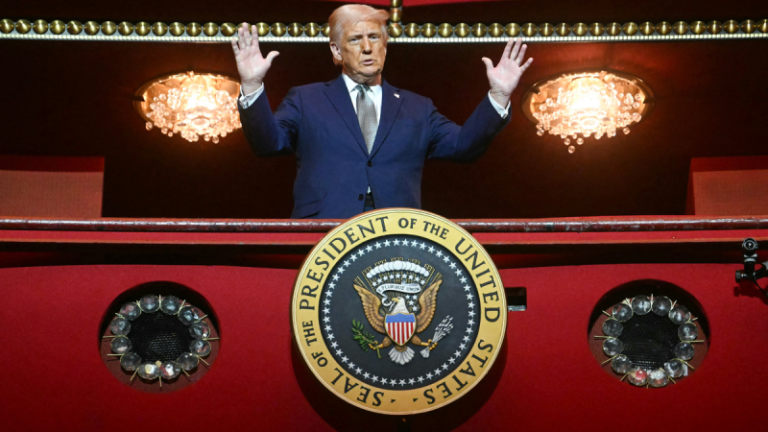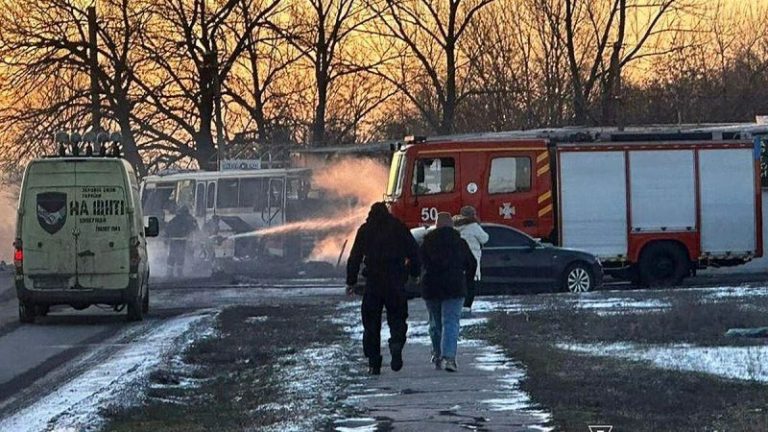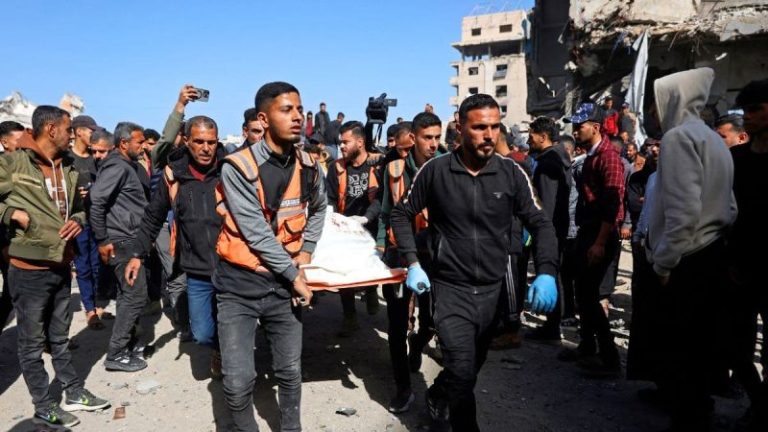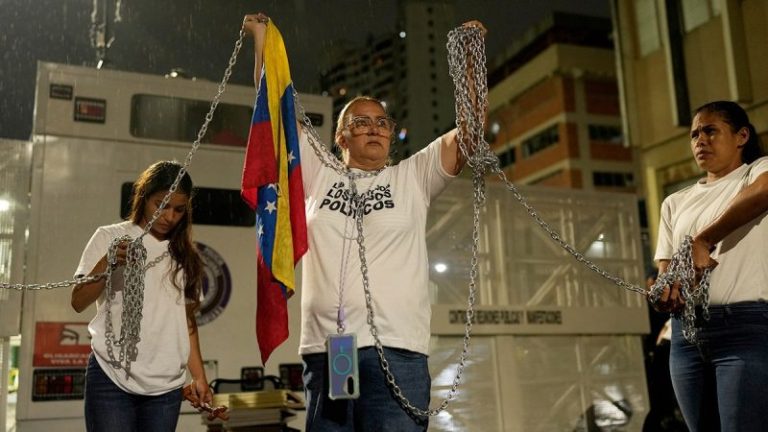Apollo Silver Corp. (‘Apollo Silver’ or the ‘Company’) (TSX.V:APGO, OTCQB:APGOF, Frankfurt:6ZF) is pleased to announce that it has received acceptance into the U.S. Defense Industrial Base Consortium (‘DIBC’), a U.S. Department of Defense-supported initiative designed to support collaboration across industry, academia, and government in advancing solutions relevant to U.S. defense and national security priorities.
The DIBC focuses on strategic and critical materials and technologies essential to U.S. national security, including initiatives to improve the resilience and security of domestic critical mineral supply chains that support defense and industrial applications1.
Apollo Silver’s U.S.-based Calico Project hosts significant silver mineralization alongside barite and zinc, which are classified as critical minerals on the USGS List of Critical Minerals and play important roles in industrial, infrastructure, and defense-related applications.
As a member of the DIBC, Apollo Silver joins a network of traditional and non-traditional defense contractors, research institutions, and federal agencies working to advance innovation at speed. Membership provides the Company with opportunities to engage in federally sponsored initiatives related to critical materials supply chains, including the mining and processing of silver, zinc, and barite.
‘Apollo Silver’s acceptance into the DIBC reflects the growing strategic importance of U.S.-based critical mineral assets, including silver, following its inclusion on the USGS List of Critical Minerals in November 2025,’ said Ross McElroy, President and CEO of Apollo Silver. ‘With one of the largest undeveloped primary silver assets in the United States and meaningful exposure to industrial critical minerals such as barite and zinc, we believe Apollo Silver is well positioned to align with U.S. priorities focused on supply-chain security, industrial resilience, and national defense.’
ABOUT Apollo Silver Corp.
Apollo Silver is advancing the second largest undeveloped primary silver projects in the US. The Calico Project hosts a large, bulk minable silver deposit with significant barite and zinc credits – recognized as critical minerals essential to the U.S. energy, industrial and medical sectors. The Company also holds an option on the Cinco de Mayo Project in Chihuahua, Mexico, which is host to a major carbonate replacement (CRD) deposit that is both high-grade and large tonnage. Led by an experienced and award-winning management team, Apollo is well positioned to advance the assets and deliver value through exploration and development.
Please visit www.apollosilver.com for further information.
ON BEHALF OF THE BOARD OF DIRECTORS
Ross McElroy
President and CEO
For further information, please contact:
Email: info@apollosilver.com
Telephone: +1 (604) 428-6128
Neither the TSX Venture Exchange nor its Regulation Services Provider (as that term is defined in the policies of the TSX Venture Exchange) accepts responsibility for the adequacy or accuracy of this release.
Cautionary Statement Regarding ‘Forward-Looking’ Information
This news release includes ‘forward-looking statements’ and ‘forward-looking information’ within the meaning of Canadian securities legislation. All statements included in this news release, other than statements of historical fact, are forward-looking statements including, without limitation, statements with respect to the expected benefits of the Company’s acceptance into the U.S. Defense Industrial Base Consortium (‘DIBC’), the Company’s ability to maintain its membership in the DIBC and pursue opportunities arising therefrom, and the advancement and development potential of the Company’s projects, including the Calico Project and the Cinco de Mayo Project. Forward-looking statements include predictions, projections and forecasts and are often, but not always, identified by the use of words such as ‘anticipate’, ‘believe’, ‘plan’, ‘estimate’, ‘expect’, ‘potential’, ‘target’, ‘budget’ and ‘intend’ and statements that an event or result ‘may’, ‘will’, ‘should’, ‘could’ or ‘might’ occur or be achieved and other similar expressions and includes the negatives thereof.
Forward-looking statements are based on the reasonable assumptions, estimates, analysis, and opinions of the management of the Company made in light of its experience and its perception of trends, current conditions and expected developments, as well as other factors that management of the Company believes to be relevant and reasonable in the circumstances at the date that such statements are made. Forward-looking information is based on reasonable assumptions that have been made by the Company as at the date of such information and is subject to known and unknown risks, uncertainties and other factors that may have caused actual results, level of activity, performance or achievements of the Company to be materially different from those expressed or implied by such forward-looking information, including but not limited to: risks associated with the Company’s ability to maintain DIBC membership and realize anticipated benefits therefrom; changes in government priorities, programs, funding or procurement processes; the risk that membership in the DIBC does not result in any specific contracts, funding, or other opportunities; risks associated with mineral exploration and development; metal and mineral prices; availability of capital; accuracy of the Company’s projections and estimates; realization of mineral resource estimates, interest and exchange rates; competition; stock price fluctuations; availability of drilling equipment and access; actual results of current exploration activities; government regulation; political or economic developments; environmental risks; insurance risks; capital expenditures; operating or technical difficulties in connection with development activities; personnel relations; and changes in Project parameters as plans continue to be refined. Forward-looking statements are based on assumptions management believes to be reasonable, including but not limited to the price of silver, gold and barite; the demand for silver, gold and barite; the ability to carry on exploration and development activities; the timely receipt of any required approvals; the ability to obtain qualified personnel, equipment and services in a timely and cost-efficient manner; the ability to operate in a safe, efficient and effective matter; and the regulatory framework regarding environmental matters, and such other assumptions and factors as set out herein. Although the Company has attempted to identify important factors that could cause actual results to differ materially from those contained in forward-looking information, there may be other factors that cause results not to be as anticipated, estimated or intended. There can be no assurance that forward-looking statements will prove to be accurate and actual results, and future events could differ materially from those anticipated in such statements. Accordingly, readers should not place undue reliance on forward looking information contained herein, except in accordance with applicable securities laws. The forward-looking information contained herein is presented for the purpose of assisting investors in understanding the Company’s expected financial and operational performance and the Company’s plans and objectives and may not be appropriate for other purposes. The Company does not undertake to update any forward-looking information, except in accordance with applicable securities laws.
__________________________________
1 https://www.dibconsortium.org/










